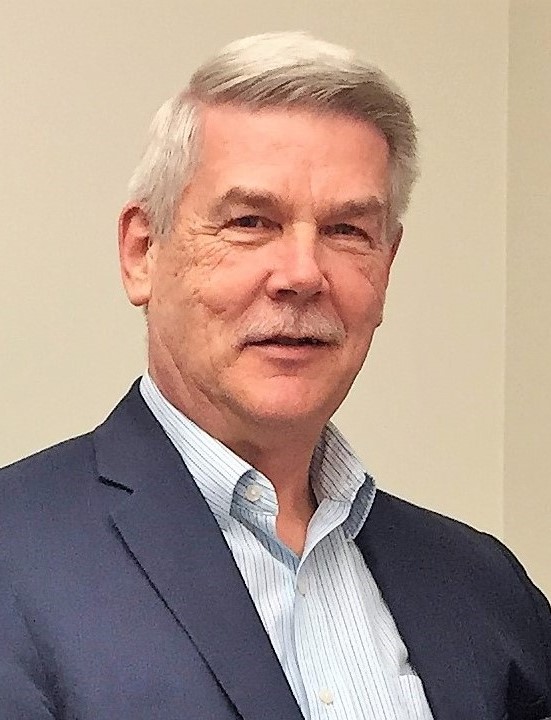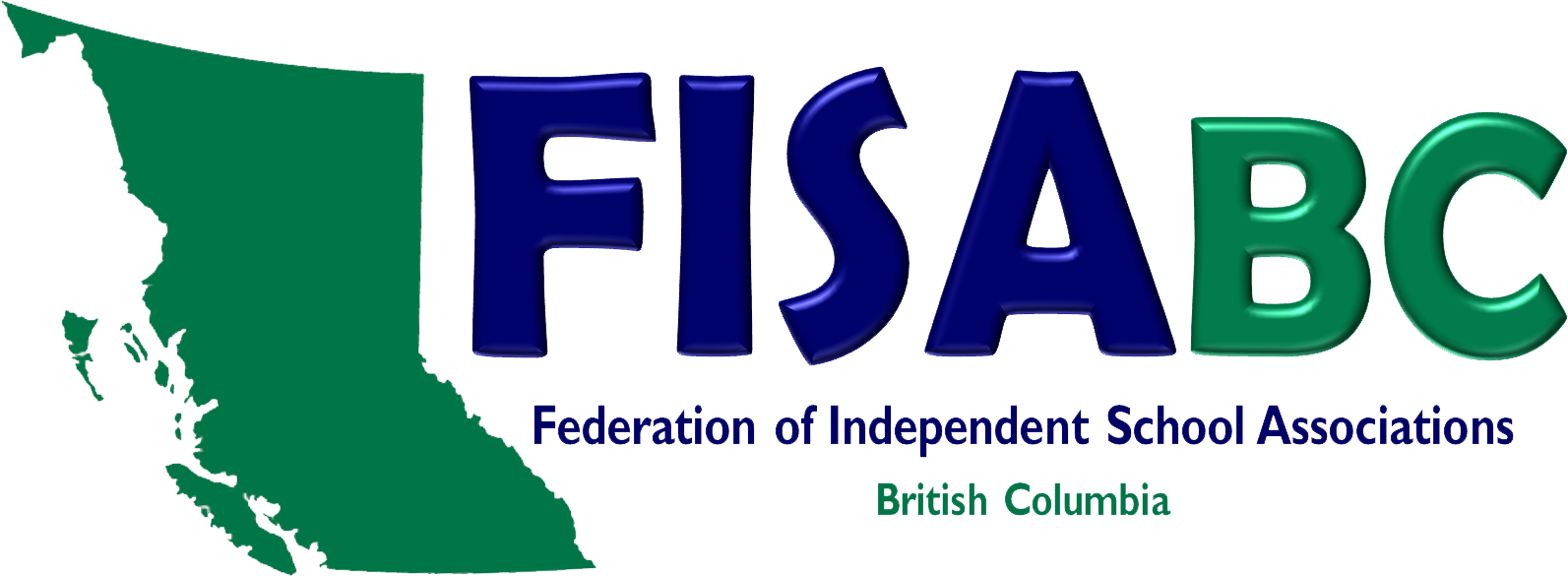
After eight years as executive director of FISA, and a lifetime of work in education — both public and independent — Peter Froese has many strong opinions about pedagogy and policy. But his most important conclusion might surprise you.
“Relationships count for everything,” he says. For Peter, his relationship with his parents, helped inculcate his core value that choice is essential for society. “The diversity we have in our province is phenomenal,” he says. “For First Nations, for Sikh, for Jewish, for Catholic children and many others — we are affirming our democratic values by providing choice in education. And providing partial funding for that education is a key part of that.”
As someone who grew up in a Mennonite household, Peter understands the importance of religious freedom. His own family was not wealthy. He was one of eight children — the only one to go on to post-secondary education. (He notes, with a grin, that most of his siblings have been more financially successful, however.)
When he had his own children, he and his wife, Ruth, continued to practice what they preached in terms of supporting choice. Their two kids selected a public school for the first seven years of their educational life. But in grade 7, Peter’s son (now a nuclear physicist) was already working on grade 9 math. When visiting public high schools for possible admission, the son asked if he could continue working ahead in math. When those schools told him no, he made an immediate decision to switch to an independent school. His parents supported him.
Peter had started his own teaching career in the Richmond public school system in 1976. He spent 20 years in public education before being recruited to the Mennonite Educational Institute in Abbotsford in 1997. Eventually he became Superintendent for MEI, a group of schools with over 1600 students, and served on the FISA Board for 12 years.
Soon after that, Peter decided to pursue a EdD in educational leadership at UBC. His dissertation topic is particularly interesting: He explored how the FISA board could be so united on policies and directions when members came from such diverse backgrounds. “At our board meetings, you could have a Jewish rabbi sitting right next to someone of the Muslim faith sitting next to a Catholic, sitting next to someone from a Waldorf school, sitting next to someone from a university prep school,” he says. “Yet, we did everything through consensus and rarely ran into disagreement.”
His dissertation concluded that all members share the passionate belief that diversity needs to be respected, that good decisions take time, and that all voices must be represented on all decisions and actions of the Board.
In 2012, when the provincial government felt that Independent schools were being advantaged and that funding should be reduced, Peter listened to another board member who told him that he needed to reach out to those bureaucrats. “I thought she was crazy because I was convinced these people didn’t like independent schools. But she was absolutely right.” Peter approached two senior bureaucrats and invited them to do a one-day visiting tour of independent schools. “They were so impressed with what they saw they had to change their perspective,” he says. “And they are both my friends now.”
Another friend is BCTF past president Jim Iker, who is expected to attend Peter’s retirement celebration. “Even though he comes from a different political perspective, we have more in common than what separates us,” Peter says. Ditto for NDP education minister Rob Fleming, who personally delivered a plaque and a thank-you note to Peter at the May 23rd FISA board meeting.
“I’m really proud of our province and our educational program,” Peter says, referring both to the public system and the independent one. “We are in the top 10% in the world in achievement in numeracy, literacy and science. That comes from working together.”
Under Peter’s tenure, independent school membership in FISA has grown to 310 member schools in B.C. Enrollment has increased to 82,200 currently, from a 2010 total of 69,200. Independent school enrollment now represents 13% of total enrollment in the province — a two percent increase in 8 years.
When Peter announced his retirement in November, he had numerous job offers almost immediately. Although he had really intended to put his feet up and start enjoying more time at his cabin in the Cariboo, he was persuaded to become Superintendent at Maple Leaf Educational Systems in China.
The first offshore school started by the province of BC in 1995, Maple Leaf Education Systems now educates more than 30,000 students each year. Peter will be moving to Dalian, China in August and become Superintendent of 12 BC-certified schools in China for the next two years.
“Retirement wasn’t quite ready for me yet,” Peter says with a laugh.
